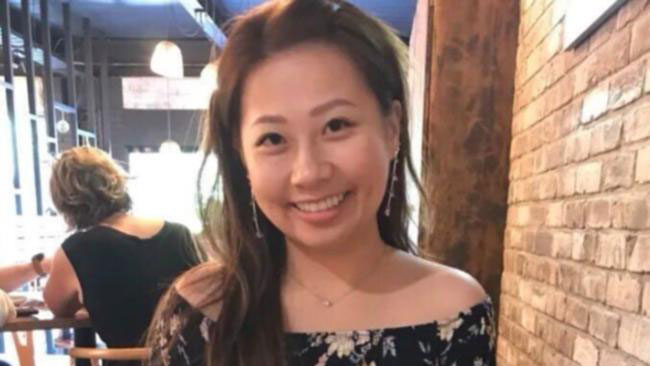Woman develops new accent overnight

Though Angie Yen has never been to Ireland or any immediate family from there, the Brisbane dentist claims to have woken up one day with an Irish accent.
The 27-year-old believes she has foreign accent syndrome, a isolating and uncommon speech disorder.
What is foreign accent syndrome?
The condition, typically triggered by a head injury, stroke, or brain damage, impairs a person’s ability to control the muscles used to produce speech.
The result of this is that people can appear to develop what sounds like a foreign accent overnight - despite never speaking with that accent before, nor mixing with people who do or spending time abroad.
But, Angie hasn’t suffered a stroke, head injury, or brain damage, so experts say her case isn’t so simple.
Instead, the accent change came about following tonsil surgery.
“I didn’t have any issues with talking or eating or anything like that, if anything the throat was ust very, very sore,” she told 7NEWS.com.au.
“Everything was normal, I was just on painkillers, so I was living life normally. There was nothing out of the ordinary.”
Ten days after the surgery, while singing in the shower hours before a job interview, she noticed something strange.
“I was singing notes that I didn’t think I could hit before, even though my throat was quite sore. I knew something wasn’t right.”
When she spoke, her voice didn’t sound like hers either.
“I was very shocked … I called up one of my friends who had travelled all over the world and asked where my accent is from. He said - you sound like you’re Irish,” she said.
While she hasn’t been formally diagnosed with the condition, her primary doctor says her symptoms sound like they match.
“He referred me to get some scans for an MRI and also some blood tests to rule out anything underlying that could be going on,” Angie said.
The thing that has Angie, her doctors, and experts baffled is that the change didn’t occur until 10 days after surgery.
Spreading awareness
Though Angie has led a very private life, she has decided to document her journey spreading awareness about the condition on TikTok.
“I felt that somewhere in the world someone might wake up with this one day and just feel as lost, alone, and isolated as I am,” she said.
“I hope by spreading awareness and letting people know that this is a serious health issue, that eventually we can encourage people to get the help they need and take it seriously.”
Mixed accents
While most commenters said Angie sounds Irish, there has been a mixed response.
“I’ve also gotten Canadian, American, Jamaican, British, New Zealand - all over the world,” she said.
“And most countries I’ve never been to. It’s very, very bizarre.”
That’s not too uncommon for those with foreign accent syndrome, according to Lyndsey Nickels, a Professor of Cognitive Science at Macquarie University.
“People with foreign accent syndrome don’t speak with all the features of a foreign accent, but there are enough things about the way they speak to make it seem as though they have a different accent,” Nickels told 7NEWS.com.au.
“Different listeners may have different opinions about what the accent is because the features usually don’t clearly match a single accent.”
Nickels confirmed the disorder is thought to be caused by brain damage which can make “moving or coordinating the muscles that we use to produce speech” more difficult.
“This causes inaccuracies in the speech, sounds with vowels being particularly vulnerable,” she said.
Since the condition is so rare, many people - including some doctors - accuse sufferers of faking it.
Speech pathologists can help those with the condition to improve speech muscle movement and coordination to regain accuracy in their speech.
Image credit: 7NEWS
